Knowing what to avoid before allergy testing is crucial for getting accurate results. Certain foods, drinks, and medications can interfere with the test results, leading to false positives or negatives.
By avoiding them, you can ensure the most accurate diagnosis, helping your healthcare provider develop an effective treatment plan.
Individuals dealing with allergies may find themselves already taking antihistamines or other allergy medications to manage their symptoms before considering allergy testing. It’s important to recognize that these medications can significantly impact the accuracy of test results. However, antihistamines are not the only culprits when it comes to potential interference.

What to consider before allergy testing
- Avoid Antihistamines: Stop taking antihistamines before testing as they can suppress allergic reactions, leading to false negatives.
- Watch Food Intake: Certain fruits and vegetables, like apples and bananas, can cause false positives; avoid them before testing.
- Skip Caffeine: Caffeine affects physiological reactions and may skew test results; avoid it before testing.
- Consult About Medications: Some antidepressants, heartburn meds, and sleep aids can interfere with results; consult your doctor.
- Keep Essential Medications: Do not stop essential medications for chronic conditions without consulting your doctor.
Medications to Stop Before Getting Tested for Allergies
In addition to antihistamines, there are other medications that may affect the results of allergy tests. These include certain antidepressants, heartburn medications, and some sleep aids. It’s important to provide your doctor with a complete list of all medications, treatments, or herbal remedies you are taking. Never discontinue taking a prescribed medication without consulting your doctor.
What Happens If You Take Antihistamines Before an Allergy Test?
Antihistamines block the immune response to allergens by actively suppressing the immune system’s reaction to allergens, making it more challenging for diagnostic tests to detect the presence of allergies accurately. This can lead to a false negative result on an allergy test.
If you are concerned about discontinuing an antihistamine, speak to your doctor, who can give you strategies to help you feel well during that period of time.
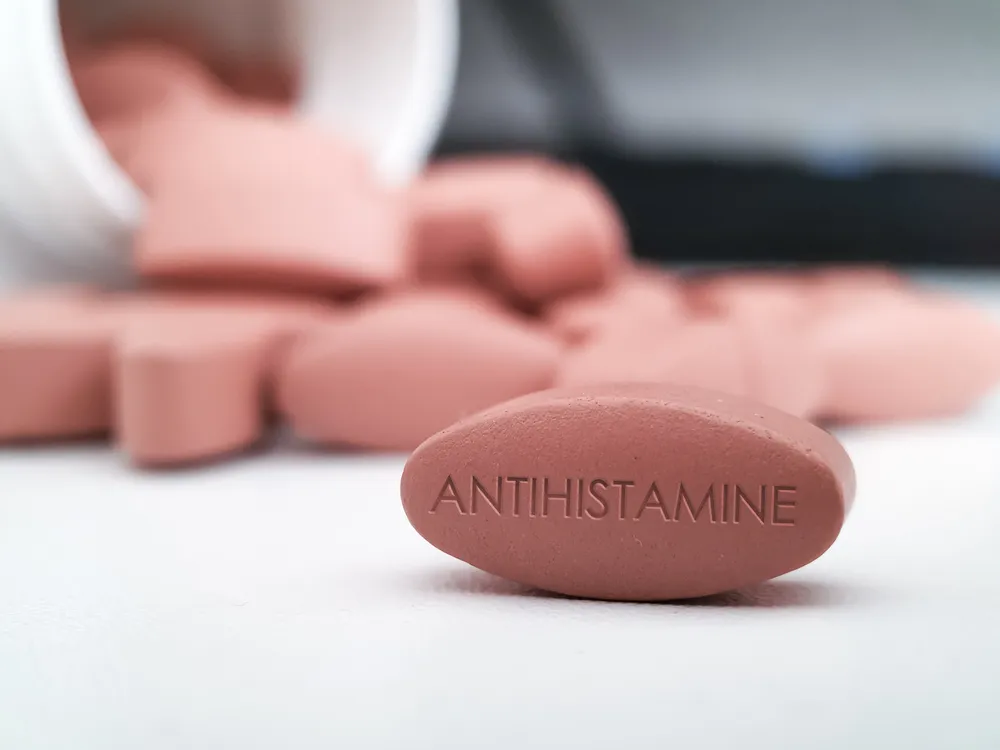
What Not To Eat Before An Allergy Test
Avoiding certain foods and drinks before an allergy test can help ensure accurate results. For example, certain fruits and vegetables with high cross-reactivity with allergens, such as apples, cherries, melons, cucumbers, and bananas, can result in false-positive allergy test results.
The specialists at Becker ENT Princeton can provide a tailored list of what to avoid before testing based on your medical history.
Why Should Caffeine Be Avoided Prior to Allergy Testing?
Caffeine, found in coffee, tea, and some soft drinks, can impact physiological reactions such as heart rate and blood pressure. It may mask symptoms and reduce immune system responses during an allergy test. It can also increase anxiety, which can affect the accuracy of allergy test results.

Get Clear Answers Before Your Allergy Test
Join our satisfied clients who’ve experienced safe, effective treatments.
According to the Type of Allergy Test
Allergy tests come in different forms, and the type of test you need will depend on your symptoms and medical history.
What Not to Do Before an Allergy Skin Test or Scratch Test?
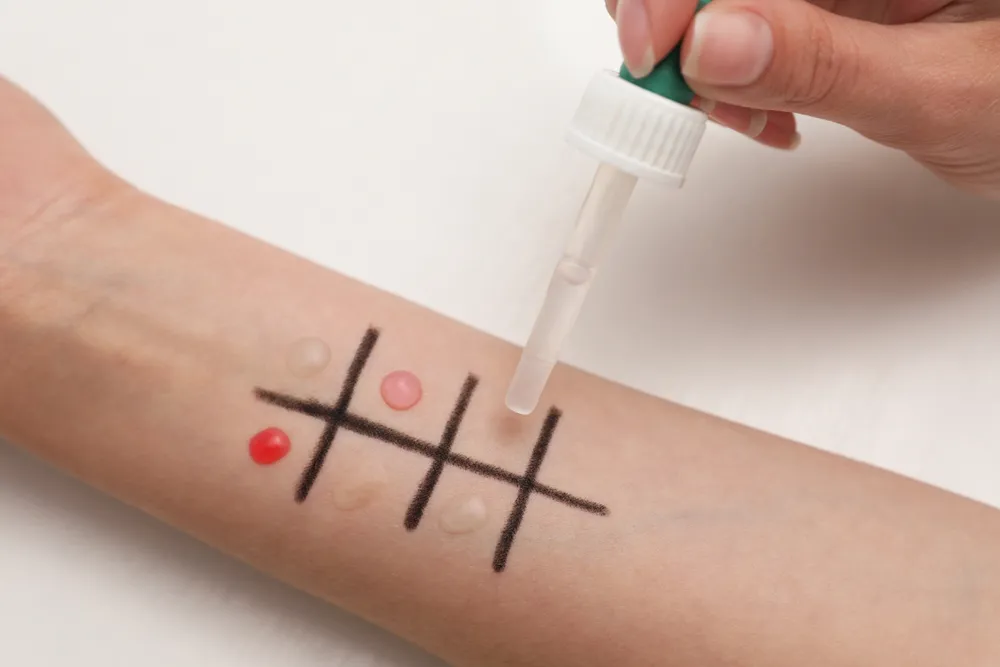
The skin prick (or scratch) test is one of the most common ways to diagnose allergies. During this minimally invasive procedure, small amounts of allergens are pricked into the surface of the skin, usually on the forearm or back. To ensure your skin reacts naturally to the allergens, you should avoid:
What Not to Do Before Intradermal Allergy Testing
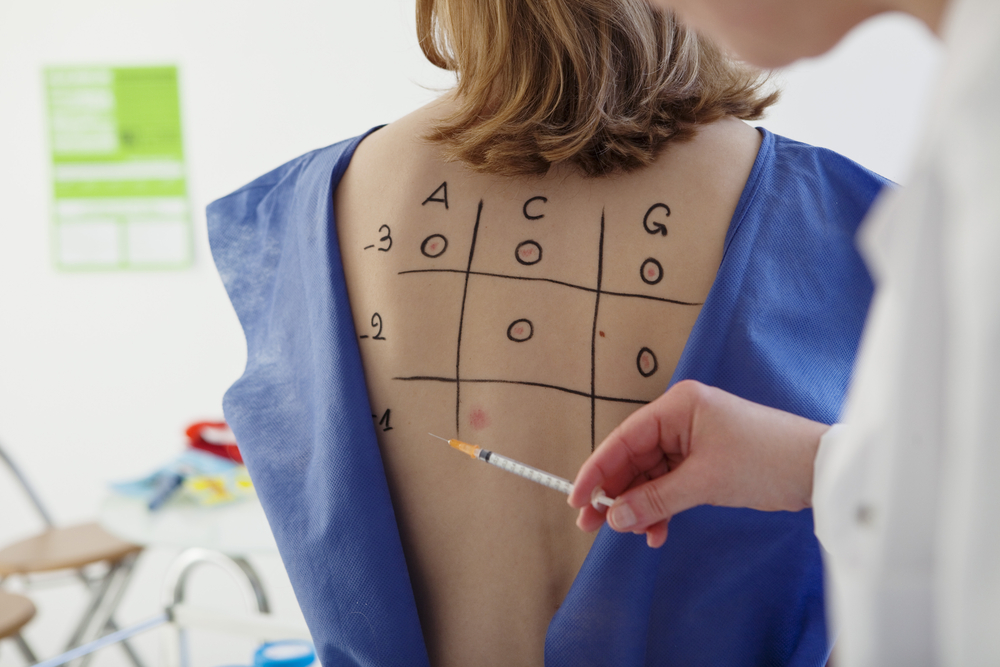
When skin prick test results are inconclusive, doctors may recommend an intradermal test, where allergens are injected just under the skin’s surface. Before an Intradermal Test, Avoid:
What Not to Do Before a Patch Test
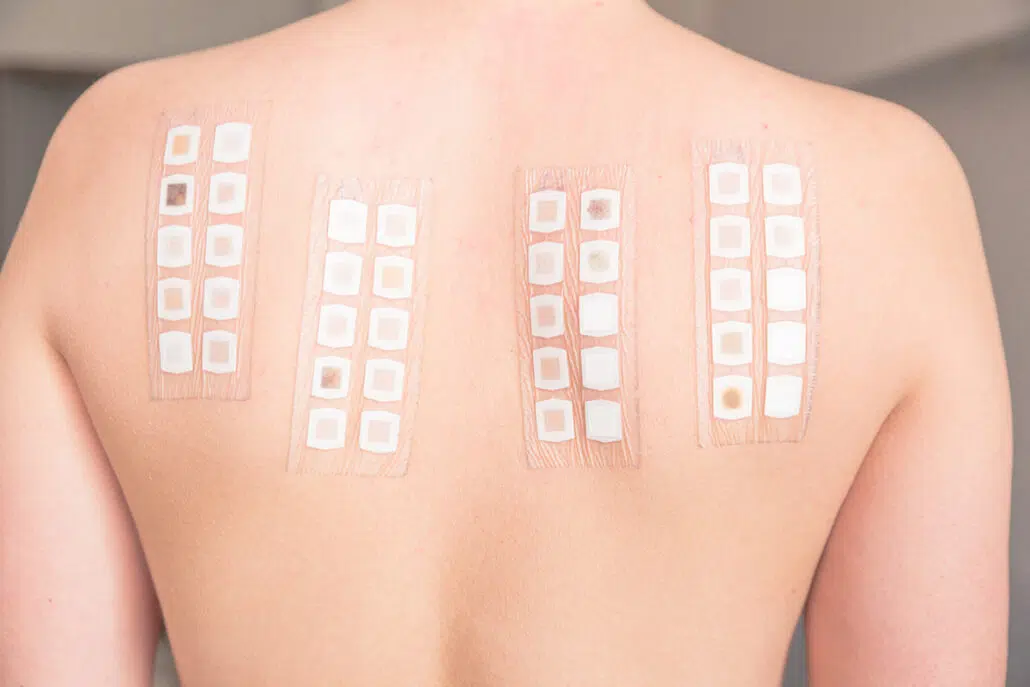
A patch test identifies delayed allergic reactions, especially those causing contact dermatitis. Allergens are applied via adhesive patches placed on your back for 48 hours. What to Avoid Before a Patch Test:
What to Avoid Before an Immunoglobulin E (IgE) Blood Test
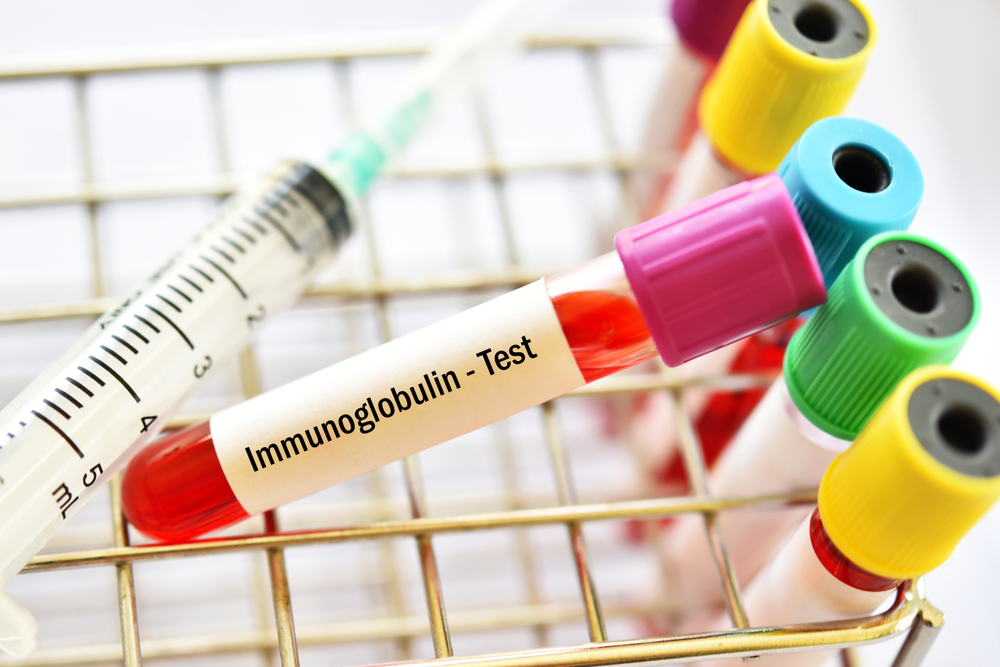
An IgE blood test measures the amount of IgE antibodies in your system — an indicator of how your immune system responds to certain allergens. It’s often used when skin tests aren’t recommended (due to skin conditions or medication restrictions). What to avoid:
What to Avoid Before a Challenge Test
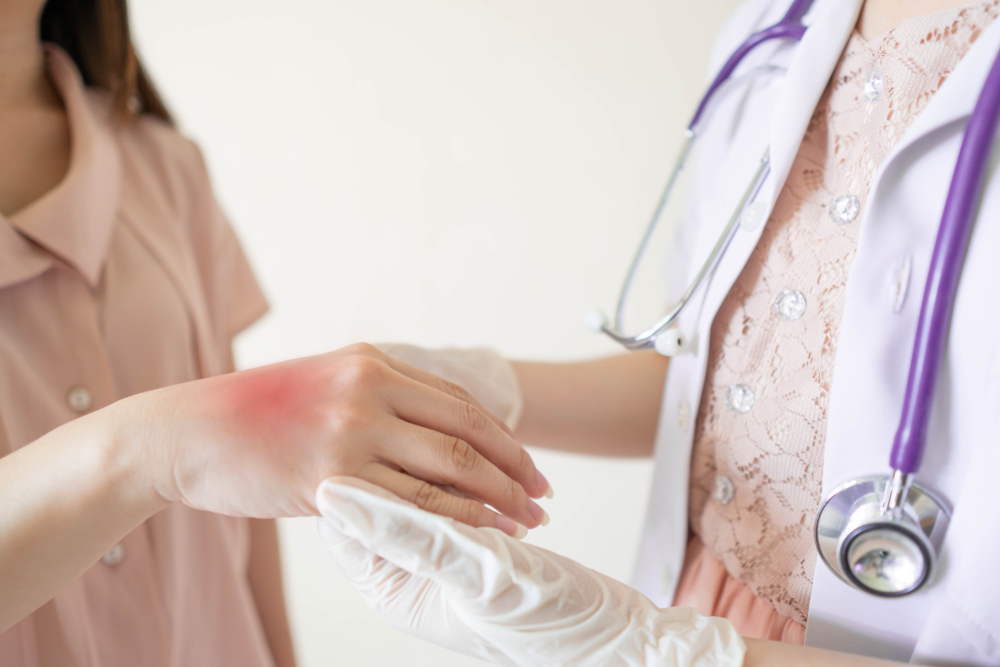
A food or medication challenge test involves consuming a suspected allergen under close supervision to confirm a diagnosis. Before a Challenge Test:
Medications You Should Not Stop Taking
While it’s important to discontinue certain medications before an allergy test, there are others that you should not stop taking. These include medications for chronic or acute conditions such as heart conditions, high blood pressure, and asthma. Stopping these medications can be dangerous and should only be done under the supervision of a healthcare professional. If you are unsure about any medication, it’s best to consult your doctor.
What are Some Rare Allergies That Can Impact Allergy Testing?
When it comes to allergy testing, identifying the specific allergens is crucial. However, it’s important to note that some individuals may have rarest known allergies that can complicate the testing process. These rare allergies, such as allergies to water, sunlight, or even vibrations, require specialized testing methods to accurately diagnose and manage the symptoms. Expert allergists play a vital role in identifying and addressing these unique allergies for proper treatment and prevention.

